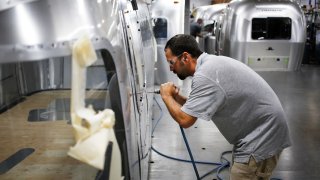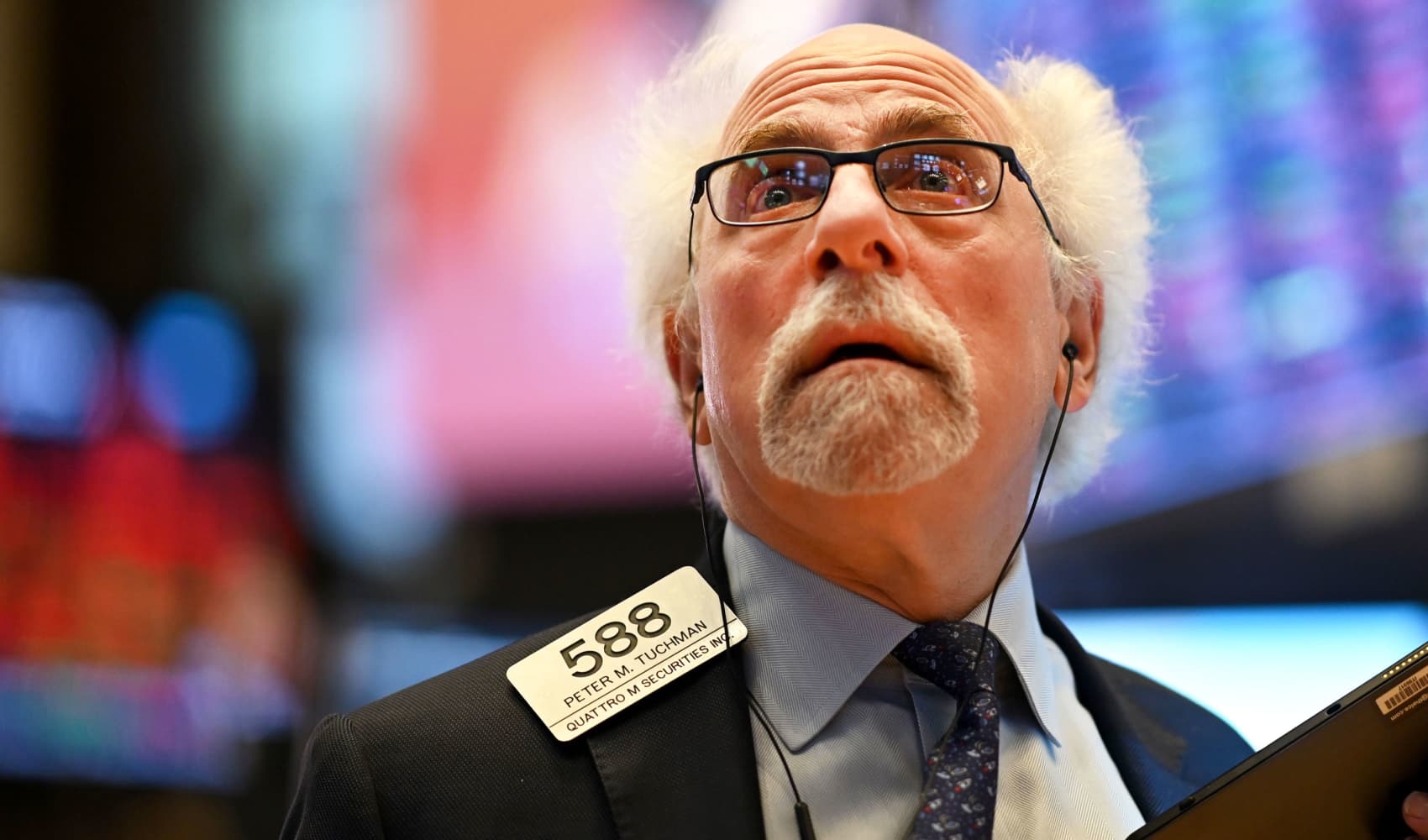
- The growing appeal of RVs to younger buyers can help the industry sustain its Covid pandemic success, Thor Industries CEO Bob Martin told CNBC.
- "The millennial generation is larger than the boomers, so we see this as a long-term opportunity for the entire industry," he said.
- Thor reported second-quarter earnings Tuesday that beat Wall Street expectations on revenue and earnings.
Thor Industries CEO Bob Martin told CNBC on Tuesday he expects to see strong demand for recreational vehicles even after the coronavirus pandemic has passed, buoyed in part by a growing appeal to younger travelers.
"As we get into this next generation of buyers, the millennial generation is larger than the boomers, so we see this as a long-term opportunity for the entire industry," Martin said on "Closing Bell."
Feeling out of the loop? We'll catch you up on the Chicago news you need to know. Sign up for the weekly Chicago Catch-Up newsletter here.
Martin's comments came after Elkhart, Indiana-based Thor released second-quarter results earlier in the day that topped Wall Street expectations on the top and bottom lines.
The maker of Airstream reported net sales of $2.73 billion, a 36% year-over-year jump, compared with analysts' forecasts of $2.53 billion. Earnings per share of $2.38 beat forecasts by 83 cents.
The Covid pandemic hurt the travel industry broadly, but trips by RV proved to be more popular as people eschewed airplanes and opted for ways to leave home while still maintaining social distancing. Other outdoor activities like boating and biking gained in popularity, too.
Money Report
Martin, who has been chief executive of Thor since 2013, said the health crisis really demonstrated the appeal of traveling by RV to younger generations, offering a potential tailwind in the years ahead.
"It's something that we had been doing through our marketing efforts, social media, just trying to introduce an RV ... to a younger buyer," Martin said, specifically referencing the company's Class B motorhomes, known more colloquially as conversion vans.
"When people walk in, they see that they have their own bathroom, their own bedroom, their own sink, and they're able to drive, be safe. It just becomes part of their lifestyle. They join camping groups, and so we feel that it is very sticky," added Martin.
Thor ramped up production last year to meet the surge in consumer RV interest. As of Jan. 31, Thor's consolidated RV backlog checked in at $10.81 billion, up almost 280% compared with the same point in 2020 and a sign of persistent demand.
"We're looking at record backlogs as well, so as we're talking with dealers and watching retail statistics, they're continuing to go higher this year," Martin told CNBC.
Expectations are building for a sharp rebound in travel as Covid vaccinations continue rolling out. Helane Becker, an airline industry analyst and managing director at Cowen, told CNBC earlier Tuesday "we think that as more vaccine gets into people's arm, there's going to be a jailbreak and people will want to just get out and travel."
Martin said Thor was seeing positive signs going into the Covid pandemic that lead him to believe there won't be a widespread retreat from RV travel once people feel more comfortable flying again.
"The lifestyle had been growing into this. We think it's just brought more people to it," Martin said, adding many recent buyers have been existing customers looking to update their model. "I think psychologically, a lot of people are still going to be hesitant to travel and vacation in different ways once they've tried an RV lifestyle."
Shares of Thor closed up by 1.77% Tuesday to $132.36 apiece. The stock is up almost 160% in the past 12 months.






